Rabies on the Rise…… What Can We Do?
Species
Small Animal
Contact Hours
2 Hours - RACE Approval Pending
Language
English
Discipline
Behaviour
Emergency & Critical Care
Internal Medicine – Endocrinology, Haematology, Infectious Diseases, Parasitology & Oncology
Neurology
Pathology - Clinical & Gross
Toxicology & Pharmacology
Growth Partners
North America

Europe

Veterinary Partners
Global



North America
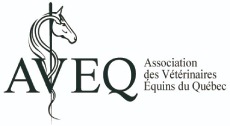
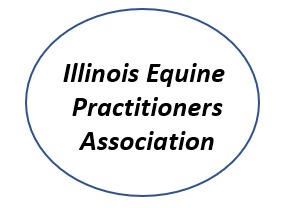
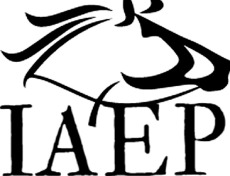

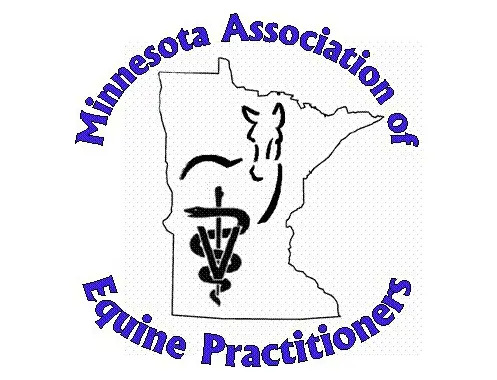
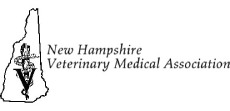


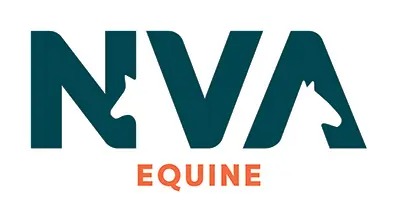

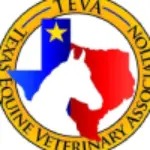

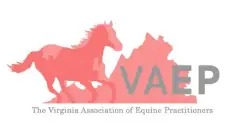
Europe
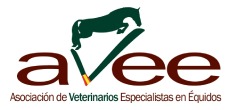
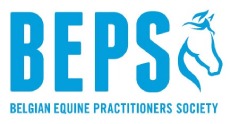


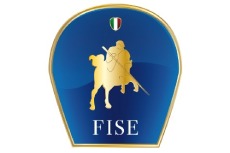

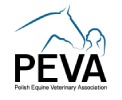

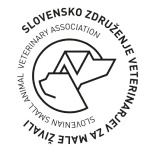




Middle East & Africa

Asia-Pacific


Time: London 8PM / Paris 9PM / New York 3PM / Sydney 7:00AM (+1)
Panelists:
Anthony Fooks BSc., MBA, PhD - APHA, UK
Andy Gibson BVetMed (Hons), PhD, MRCVS - Mission Rabies, UK
Ryan Wallace DVM, MPH - Centers for Disease Control and Prevention (CDC), USA
Moderator:
Richard B. Ford DVM, MS, DACVIM, DACVPM (Hon) - Professor Emeritus, North Carolina State University, USA
CONTENT DESCRIPTION
Once clinical disease manifests, the rabies virus is one of the few pathogens known to science with a near 100% fatality rate and, as such, this zoonotic pathogen has shaped both humanity and the history of science. However, today rabies is still considered to be a neglected tropical disease, even though it causes more than 59,000 human deaths each year. Although effective vaccines are available to combat the disease cases are still rising globally, annually. Primary prevention involves dog vaccination campaigns to reduce the virus reservoir. If exposure occurs, timely post-exposure prophylaxis can prevent the progression to clinical disease and involves appropriate wound care, the administration of rabies immunoglobulin and vaccination. A multifaceted approach for human rabies eradication that involves government support, disease awareness, vaccination of at-risk human populations and, most importantly, dog rabies control is necessary to achieve the WHO goal of reducing the number of cases of canine-mediated human rabies to zero by 2030.
Join us for this fascinating panel discussion where we will address these interesting and sometimes concerning topics. Our international multidisciplinary panel who has made rabies and rabies prevention their life work will discuss and share matters which affect every veterinary professional worldwide. We will address factors such as the "global" perspective of rabies: emphasis on dog-mediated rabies, the impact on human health globally, associated travel risks and the public health perspective. We will look at the impact of increasing global (rabies virus) "pressure" given the fact that over 1 million dogs are imported annually in the US so what is involved when individuals want to import a dog (or cat) into the US -or- travel outside of the US with a pet dog/cat with the intent to return to the US as well as the global movement of dogs and cats.
Dr Fooks is a Fellow of the Royal Society of Biology. Dr Fooks is Director of a World Health Organisation Communicable Disease Surveillance and Response Collaborating Centre and is a WOAH Reference Expert for rabies. In 2005, Dr Fooks presented The Arthur Leighton-Young Memorial Prize Lecture and in 2006 was awarded the Camille Geurin prize by the Veterinary Academy of France for his book entitled ‘Historical Perspective of Rabies in Europe and the Mediterranean Basin’. Dr Fooks has co-edited and published additional books on rabies including, ‘Towards the Elimination of Rabies in Eurasia (2008), ‘Rabies: Towards Sustainable Prevention at the Source’ (2012), ‘Rabies’ (2018), ‘Rabies: Scientific Basis of the Disease and Its Management’, 4th Edition (2020) and ‘Rabies: Scientific Basis of the Disease and Its Management’, 5th Edition (2025). In 2021, Dr Fooks was a global recipient of an MSD Rabies Hero Award. More recently, in 2024, Dr Fooks was awarded an OBE in the King’s Birthday Honours List. Dr Fooks has published more than 400 scientific reports (h-index = 78) in international journals on a variety of viral pathogens, and his scientific research remains focused on ‘One Health’, particularly emerging and zoonotic RNA viruses.
Richard B. Ford, is Emeritus Professor of Medicine at North Carolina State University’s College of Veterinary Medicine. He is a retired Brigadier General from the USAF Reserve, where he was assigned to the Office of the Surgeon General at the Pentagon. Dr. Ford is also a past president of the NAVC Conference and continues his role as a member of the scientific program committee. His clinical interests are in the field of companion animal infectious disease; he is a prolific author and serves on both the AAHA Canine Vaccination Task Force and AAFP Feline Vaccination Advisory Panel. Dr. Ford received his DVM from Ohio State University and completed an internal medicine residency at Michigan State University. He held a previous faculty position at Purdue University.
After working and researching in charity veterinary practice in the UK, Andy began working for Mission Rabies in 2013, initially as a volunteer, vaccinating dogs in Kolkata.
His previous experience using smartphone technology in the epidemiological setting in Zanzibar, Tanzania, transferred to work on rabies and he was tasked to developing a tailor made smartphone app to overcome challenges faced during mass dog vaccination campaigns. The app now has over 300,000 entries and is used in 7 countries. Andy drives the field strategy of Mission Rabies projects, develops surveillance protocols for testing rabid dogs and gathering data on intervention impact. Description of the 'Vaccinate-Assess-Move' methodology used in India was successfully published in December 2015.
He oversees the research activities of the charity and ongoing mobile technology developments. He is currently undertaking a PhD at The Roslin Institute at the University of Edinburgh studying the methods and outcomes of mass dog vaccination and rabies surveillance.
Dr. Ryan Wallace, DVM is a veterinary epidemiologist and expert in rabies prevention and control. As the director of the CDC’s World Health Organization Collaborating Center for Rabies and the World Organisation for Animal Health (WOAH) Reference Laboratory for Rabies, Dr. Wallace leads global efforts to reduce the burden of this fatal disease. He has worked closely with state and local health departments to manage complex rabies exposures and enhance public health response systems. His leadership has advanced critical vaccination campaigns and surveillance programs, ensuring Americans are protected from this deadly virus.
Qualified Vet
Online Panel Discussion
USD 110.00
Intern/Resident/PhD (Requires proof of status)
Online Panel Discussion
USD 80.00
Vet Nurse/Vet Tech (Requires proof of status)
Online Panel Discussion
USD 80.00
Veterinary Student (Requires proof of status)
Online Panel Discussion
USD 20.00
If the options you are looking for are unavailable, please contact us.
No tax will be added unless you are a UK taxpayer
Choose currency at checkout

 Thu, 04 December, 2025
Thu, 04 December, 2025
 03:00 pm - 05:00 pm
(Your Local Time Zone)
03:00 pm - 05:00 pm
(Your Local Time Zone)


















